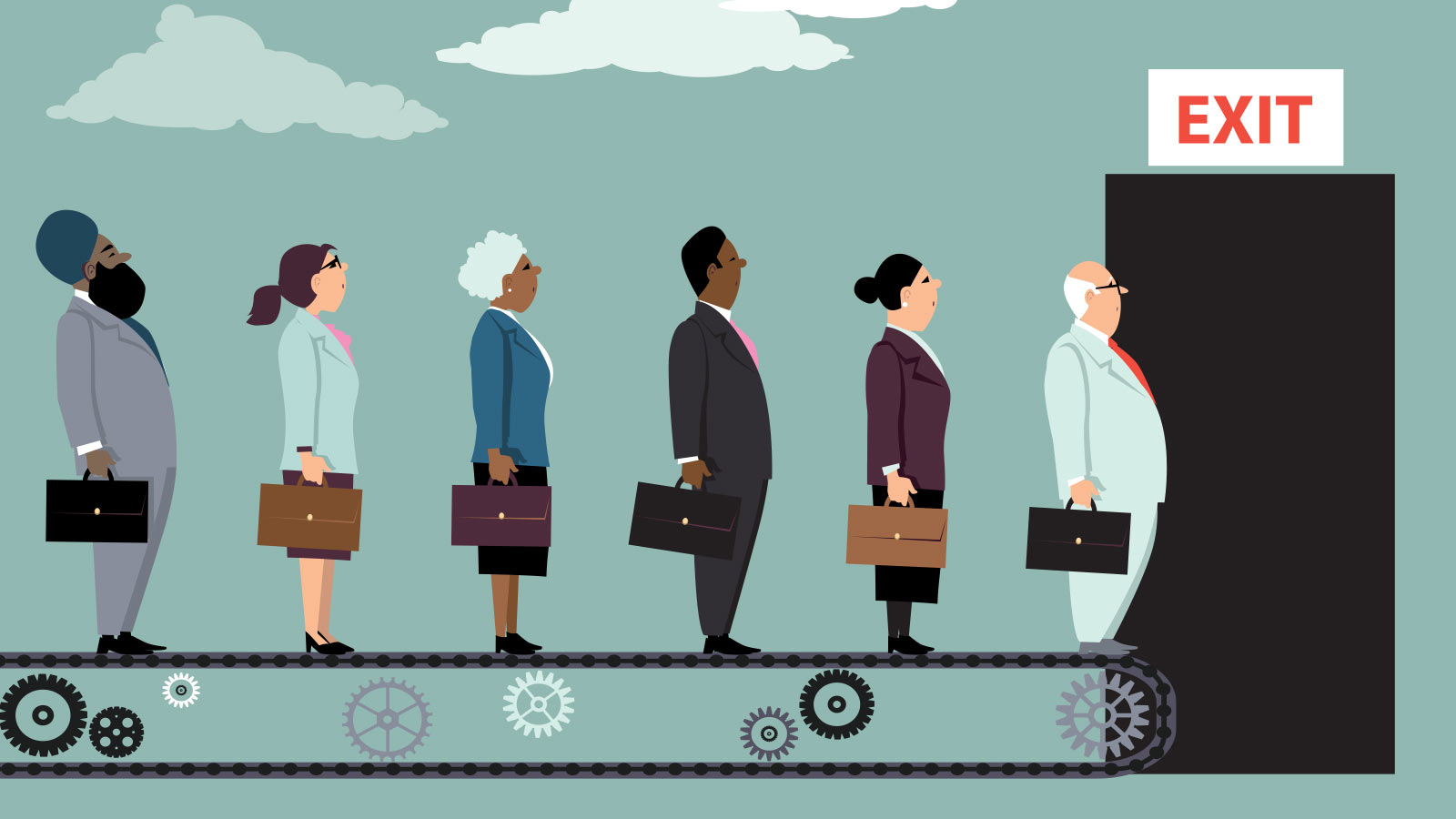
Julie Molnar | January 31, 2022
We’re moving into year three of the pandemic. None of us want to be here, still fighting COVID, its variants and all the complications, uncertainties and stress that comes with it. But here we are.
The Rolling Stones captured it best with their classic tune, “You Can’t Always Get What You Want.” Honestly, right about now, I feel like no truer words have been sung. We all desperately want the pandemic to end. We all want to stop wearing masks and socialize and move about freely without worrying about getting sick. Instead, it’s taken yet another turn.
A new variant, Omicron, rages. Highly contagious and spreading rapidly, Omicron brings with it not only new health worries, but also fresh workplace struggles, for both employers and employees.
But Omicron isn’t the only workplace challenge as we kick off 2022. Record numbers of undaunted workers continue to dig in their heels and leave jobs in a movement coined “The Great Resignation.” Is it a symptom of pandemic fatigue or is it something wider reaching? Something that was bound to happen?
Some believe the employee exodus will wane with time, but that doesn’t help exhausted employers now. Most are desperately searching for innovative ways to recruit and retain top talent at all levels. And they need them today.
Not So Fast, Mick
With no visible end to the pandemic, employers face a new reality, one in which employees have flipped the script – or in this case, the lyrics – on employers. Their once-upon-a-time wants are now non-negotiable needs. But what are those evolving requirements, and what’s driving them? Where are employees’ psyches today?
To help employers better understand COVID’s impact on workers and their mindsets, Falls & Co.’s Employer Brand/Employee Experience practice group recently surveyed hundreds of full-time, white-collar workers across the U.S. who hold an associate’s degree or higher. Respondents ranged in age from 25 to 66 years of age and were 53% male and 47% female.*
Here are a few insights into respondents’ employee experience and what the future may hold for both employees and employers.
Where Are They?
As virus variants emerge, employers continue to re-evaluate, and even adapt, return-to-work policies. At the time of the survey, when asked their current, primary work location, respondents indicated they were split three ways fairly evenly:
- 36% work fully remote
- 30% work part remote/part office (hybrid)
- 33% work 100% in an office
Falls and Co. responses were close to matching a 2021 Gallup survey where two-thirds of white-collar employees (67%) reported working from home, either exclusively (41%) or in a hybrid situation (26%)
A Closer Look
The Falls and Co. survey explored several areas that contribute to the employee experience. Here are a few highlights.
Mental Health
Half (50%) of survey participants responded they have experienced workplace burnout in the past year. Employees’ holistic health has never been more important or noticeable. Many companies are still grappling with how to help workers manage COVID stresses, both personal and professional, even at this stage of the pandemic.
The upside? Soft skills are finally taking center stage. An array of tools and practices once considered “fluffy” are gaining traction among company leaders. To help workers cope, employers are embracing, and training, more people-related competencies such as emotional intelligence, resiliency, renewal and mindfulness, among others.
Leadership
Surprise! When it comes to company leadership, 76% of employees feel their companies have provided “good” leadership during COVID. Still, room for improvement surfaced when digging a bit deeper.
- Leadership ratings are lowest among workers between ages 25 and 40 and highest among workers between ages 57 and 66.
- Perhaps not surprising, when asked, the 57 to 66 age group self-identified more often as a company leader. A phenomenon known as the Dunning-Kruger effect, a cognitive bias where people of low ability assess their ability as greater than it is, could have impacted the company leadership score of 76%.
- When asked to self-identify as a leader, 61% of men said they were leaders while 42% of women identified as leaders. This is a significant disparity considering survey participants were split fairly evenly among gender.
Communication
Another area of opportunity? Company communication during COVID.
- Roughly half of the workers surveyed (47%) rated the effectiveness of communications from their employers about major company decisions "excellent." Most of the rest (43%) noted it was only “fair.”
- These ratings were lowest among the youngest, female and lower income groups, where 14% to 15% of each group rated their employer's communications effectiveness as “poor”.
What could be next?
The effects of the pandemic have had the greatest impact on workers' outlooks about their careers and how they want to live their lives. According to respondents, the ability to achieve a work-life balance and flexibility continues to drive how they think about their career and what might be next for them and employers.
- 46% of all respondents are still rethinking their career path because of the pandemic
- Of those 46% reevaluating their career paths:
-
75% of workers would leave their job for higher pay, and 50% would leave for better benefits – not surprising
-
38% noted career advancement as a reason to leave their job
-
Topping career advancement, 41% said a better work-life balance would motivate them to apply for a new job. This includes more flexible work arrangements/hours (41%) and to work fully remote (35%). Collectively, these were more important than even career advancement (38%).
-
In short, recruiting, retaining and engaging today’s workforce comes down to more than simply filling headcount. Job seekers and existing workers expect, or rather, need, an employee experience that reaches beyond small perks and motivating words. It’s time to reflect and build these positive experiences into your plans to recruit, retain and engage workers, not just for 2022, but into the future.
*To learn more, and review the full results of what Falls & Co.’s national engagement survey uncovered, contact tbernot@fallsandco.com or jmolnar@fallsandco.com.
